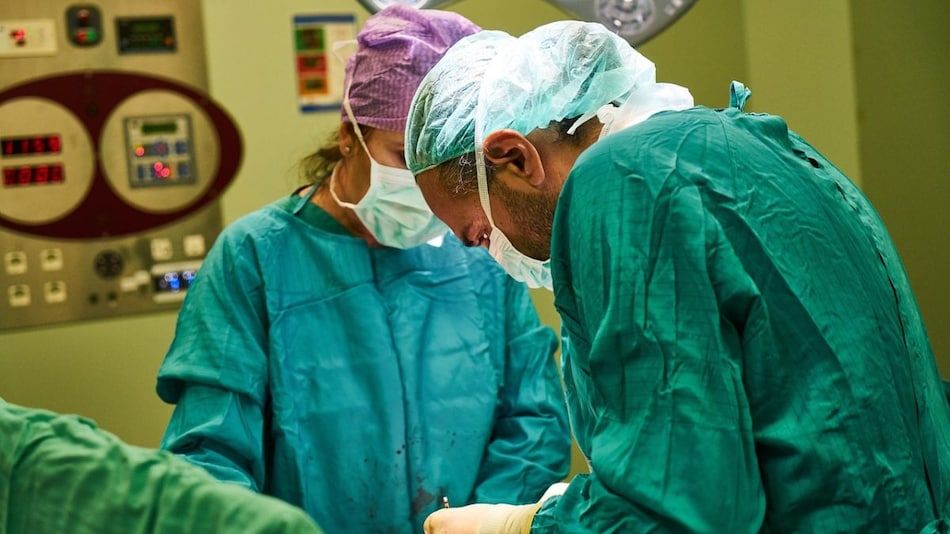Groundbreaking AI Tool Revolutionsise Brain Tumor Detection during Surgery

A revolutionary artificial intelligence tool called FastGlioma has been developed by a multidisciplinary team of researchers from the University of Michigan and the University of California, San Francisco. This innovation boasts an incredible accuracy rate of 92%, enabling surgeons to detect residual cancerous brain tumours within just 10 seconds during surgery.
According to Dr. Todd Hollon, M.D., neurosurgeon at the University of Michigan Health, FastGlioma is a game-changing diagnostic tool that revolutionises tumour detection by providing faster and more precise results than traditional methods such as intraoperative MRI or fluorescent imaging agents.
The breakthrough comes in the form of addressing a pressing challenge in neurosurgery: identifying residual tumours during surgery. Residual tumours often resemble healthy brain tissue, leading to incomplete removal and compromised patient outcomes. FastGlioma overcomes this by combining cutting-edge optical imaging with artificial intelligence to rapidly and accurately detect tumour infiltration.
The AI model was successfully tested on specimens from 220 patients with low- or high-grade diffuse gliomas, outperforming conventional methods in terms of accuracy. Dr. Shawn Hervey-Jumper, co-senior author and professor of neurosurgery at UCSF, lauded the tool for its potential to enhance surgical precision while minimising reliance on imaging agents or time-consuming procedures.
The development of FastGlioma has significant implications for the global cancer surgery community. Based on foundation models trained on vast datasets, this AI model could be adapted for application in a range of cancers, including lung, prostate, and breast tumours, without requiring extensive retraining.
As neurosurgeons Dr. Aditya S. Pandey, chair of neurosurgery at the University of Michigan, noted, "This tool has considerable potential to reshape cancer treatment approaches worldwide. We are eager to explore its use in a broader range of patients and solidify its place in our surgical toolkit."
FastGlioma joins an ever-growing arsenal of innovative medical technologies being developed to combat some of humanity's most pressing health challenges.
